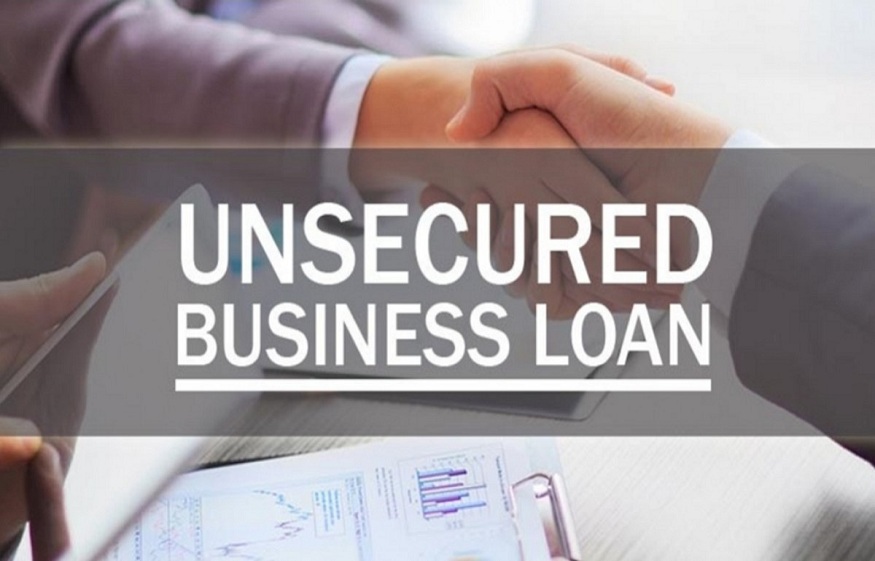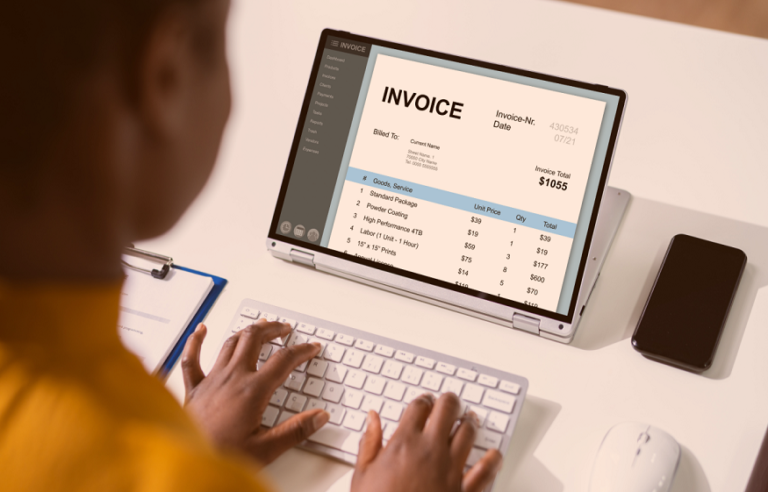Banks generally prefer commercial loans with collateral. Secured loans are secured by some form of security such as real estate, equipment or any other business asset with value that the bank can seize and sell in the event of default on the loan.
Banks (and other lenders that require collateral) usually determine what they call the LTV of your collateral based on the nature of the asset. In other words, your banker may allow you to borrow against 75% of the value of appraised real estate or 60% to 80% of the value of ready to go inventory. Since lenders may view LTV differently, you should ask each potential lender how they plan to establish LTV.
Some other lenders, however, do not require your loan to be tied to a particular item or type of collateral and do not rate your bond. These usually have a general lien on the assets of the business for the term of the loan. This type of secured business loan pledges all of your business assets.
Reasons why this type of secured loan may be right for your business
Unlike traditional lenders, some online lenders do not require the same rigorous standards for creditworthiness or collateral as banks. So even if your credit rating isn’t perfect or you don’t have the right or enough collateral to secure a traditional small business loan, there are other financing options available to you (like provided you can demonstrate other sound fundamentals of your business). These general lien loans usually carry a higher interest rate than loans that pledge a particular asset, but do offer some benefits you should consider:
The application process is generally shorter for this type of business loan: Online lenders have become almost synonymous with fast approval times, which can even be an hour or less. Once your application is approved, the funds can be available in your time in just 24-48 hours. Therefore, if you are looking to obtain capital to take advantage of a business opportunity where you need to react quickly, this type of loan may be suitable for you.
The loan does not depend on the value of the collateral: When you apply for a traditional secured loan, the formula that determines the loan amount is often calculated based on a percentage of the particular asset pledged as collateral ( the financing quota mentioned above). In some cases, you may even be eligible for a larger amount with a loan that is not tied to any particular collateral, as the lender makes lending decisions based on the health of your business, your cash flow and as your personal and business credit profile.
This type of loan can also help you build your credit profile: If your lender submits your credit history to the appropriate business credit bureaus (as opposed to if you use your personal credit cards or another form of financing that does not have to be passed on to business credit bureaus), your one-time payments will help you build or strengthen your business credit profile. Of course, this is also usually the case with a traditional secured loan. Don’t forget to find out about this before signing.
It is important to note that while some lines of credit must be secured by a bond, there are also some that do not require one (i.e. unsecured lines of credit). These secured or unsecured lines of credit can be used as needed, repaid, and then reused. What’s more, you only pay interest on the amount of credit you use, and nothing else.
Loans secured by specific collateral or general business assets are not the best option in all cases, but they are tools that business owners can use to access capital, as long as they are suitable. to the objective and to the economic situation. When looking for business financing and in discussions with a potential lender, make sure you understand the terms, collateral requirements and costs so you can make an informed decision.














+ There are no comments
Add yours